Japan
Japanese banks extend largest wind power loan
Japanese banks extend largest wind power loan
Six of Japan’s largest banks place a huge vote of confidence in the profitability of wind power.
TEPCO to be more firmly under government control
The Japanese government might end up owning 76% of Tokyo Electric Power Company after a share conversion.
Major rise in solar cell sales in Japan
Leading Japanese solar cell makers report mixed results for the year ended March 31.
Japanese wind power balloons
Japan’s wind energy capacity now stands at 2.5GW, a fivefold increase over the past 10 years.
Japan seeks LNG for its thermal power plants
Japanese firms are negotiating to buy a $4.4 billion stake in Australia's Wheatstone gas field as Japan shores up energy supplies.
Japan calls for 15% power savings in western region
Businesses and consumers in western Japan were urged by the government to save 15 percent of power this summer due to the closure of all nuclear reactors.
Japan pays the price for shutting down its nuclear reactors
Another casualty of Japan’s decision to temporarily forgo nuclear energy is cleaner air.
TEPCO subsidiary acquires Australian wind farm
Tokyo Electric Power Company steps-up its move into renewable energy overseas.
Japanese town assembly agrees to restart reactors
The assembly of a Japanese town that hosts Kansai Electric's nuclear plant agreed to restart two off-line reactors.
Japan's thermal plants unstable
Fears of problems at thermal plants resulting in sudden blackouts have prompted the Japanese government to prepare for rolling power cuts.
Canadian Solar to build plant in Japan
A leading Canadian solar module maker plans to steal a march on its competitors heading for Japan.
Japanese government to take over Tepco
Tepco will be taken over by the Japanese government after its trade minister approved a $12.5 billion capital injection.
Japan summer power prospects look brighter - panel
A government-backed panel said that summer power supply in nuclear-free Japan may be better than utilities' forecasts.
Japan may experience power shortages this summer
Japan is still feeling the effects on its power supply as a result of the Fukushima tragedy last year.
Japanese JV restarts 250-MW coal-fired unit
Joban Kyodo Electric Power resumed operations of the 250-megawatt No.7 coal-fired unit at its sole Nakoso power plant, two weeks after an unplanned shutdown.
Japan goes nuke-free for the first time since 1970
Japan shuts down its last working nuclear power reactor this weekend leaves Japan without nuclear power for the first time since 1970.
Will Japan survive this power shortfall?
Japan's electricity sector is creating a new frontier when it comes to electricity market planning. Go back just over twelve months and approximately 30% of generation came from nuclear power.


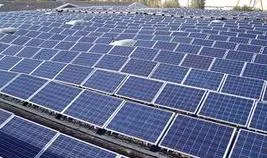

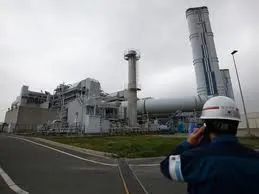
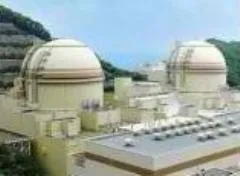

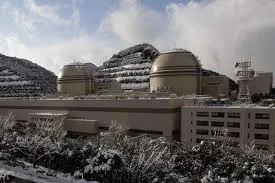
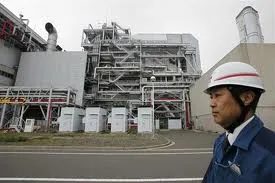
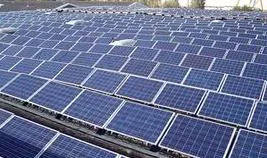

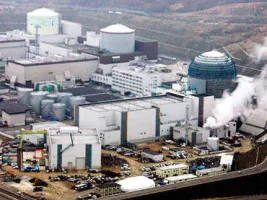


 Advertise
Advertise
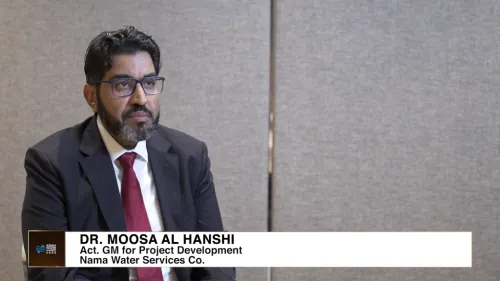

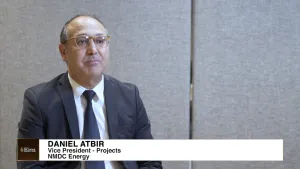




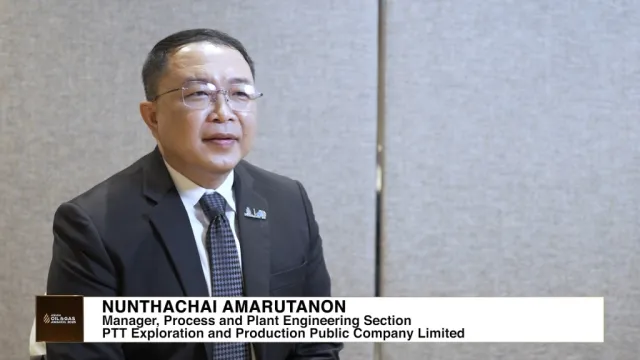







Commentary
How pump retrofits boost profitability and efficiency in ageing power plants